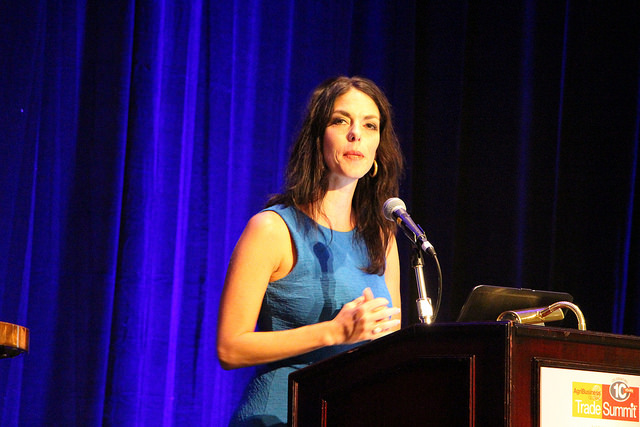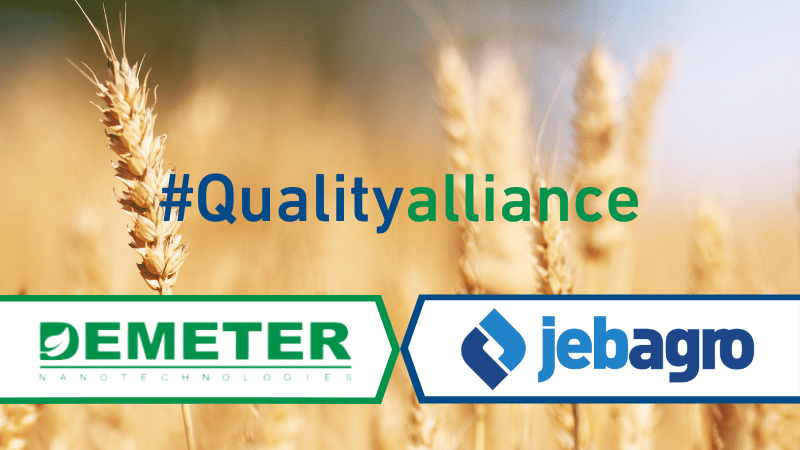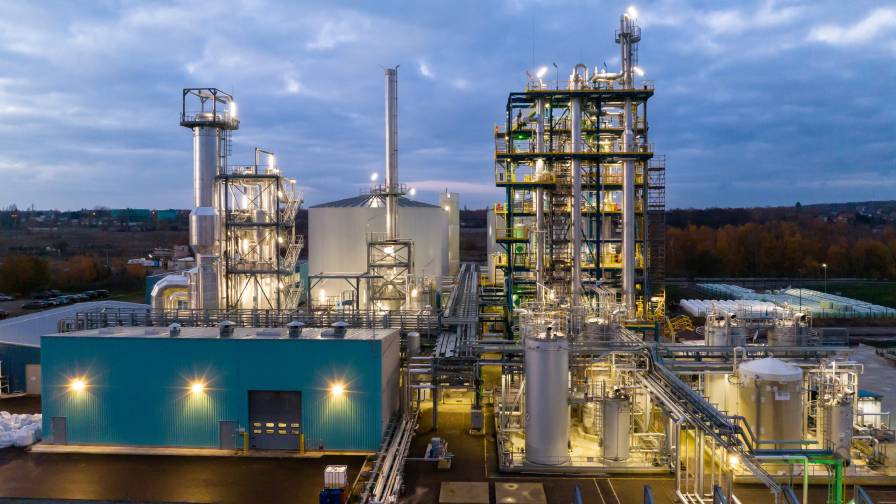Borlaug: How the Ag Industry Can Change the Conversation on Biotech, Pesticides

“The only reason the Green Revolution was successful (was that) my grandfather took the young researchers and farmers out of their environment. He knew the older farmers and researchers would tell them the new methods wouldn’t work, so he brought them to Mexico,” Julie Borlaug said in her keynote speech. “My grandfather said that fear of change is the biggest obstacle to progress.”
Julie Borlaug says it’s time to stop sitting back and letting anti-GMO activists drive the conversation around agriculture. It’s time to engage those who have lost touch with the farm and invite those who don’t see biotechnology and pesticides as viable solutions to the table.
Borlaug, granddaughter of Nobel Peace Prize laureate and father of the Green Revolution Norman Borlaug, delivered the keynote talk at the 10th annual AgriBusiness Global Trade Summit, which kicked off in Orlando on Wednesday, March 17.
“One reason my grandfather’s Green Revolution was successful was because it involved multiple partners from different sectors. It involved economics, government, infrastructure, technology, and policy.”
Borlaug is Associate Director of External Relations at the Borlaug Institute for International Agriculture at Texas A&M University and works to further her grandfather’s legacy around the world. She commented on how everyone hears daily about the challenge of feeding 9 billion people by 2050 – a challenge can that can be met, but only as long as we are allowed to use the innovation and technology available.
Ensuring that access to agrotechnology endures means the crop input industry must change its messaging to the public, including getting more farmers instead of scientists involved to tell the story of agriculture, and encouraging more women to communicate the complexities of agriculture to other moms.
She described how the governments of India and Pakistan both met her grandfather’s demands, facilitating the success of his breakthrough semi-dwarf, high-yield, disease-resistant wheat beginning in the mid-1960s. “He demanded each government provided farmers with fair prices, access to credit, the infrastructure that was needed – especially irrigation and roads – but first and foremost, he demanded availability of inputs.”
Over the years, we have moved away from a collaborative approach, she says. “We have hundreds of thousands of NGOs across the world, in Africa and in Haiti, but we are tripping over ourselves. We need public-private partnerships,” she said. “We must be more transformative, interconnected, and bring in life sciences, the investors, the computer technology firms, entrepreneurs and the nutritional and medical community to the table when talking about food security.”
She added, “Biotechnology is not a silver bullet, but we have no right to bar any one system and not provide a farmer with choice as long as it’s safe and sustainable.”






